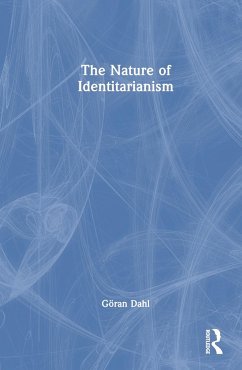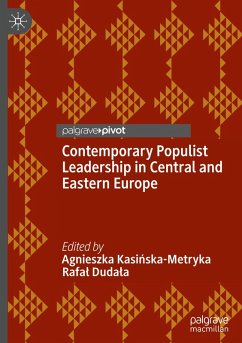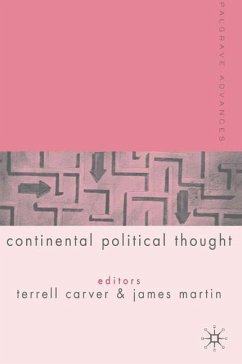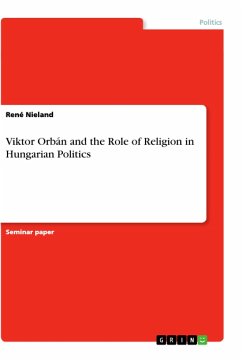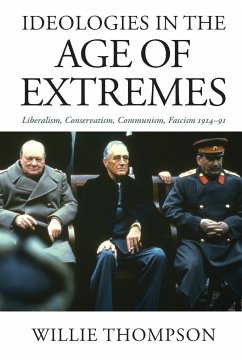
Modern Hungarian Political Thought
Ideologies and Traditions

PAYBACK Punkte
53 °P sammeln!
This book introduces the reader into the discursive political pluralism of modern Hungary, roughly from the mid-19th century, with a particular emphasis on the spectrum of contemporary political thought. The book relies on Michael Freeden's method of ideology analysis, focusing on concepts, principles, values, as well as interrelations, but it puts a greater emphasis on nonverbal traditions as bearers of political thought to explain how political pluralism can subsist in periods of dictatorship. Through this analysis, the authors demonstrate how and why contemporary Hungarian political plurali...
This book introduces the reader into the discursive political pluralism of modern Hungary, roughly from the mid-19th century, with a particular emphasis on the spectrum of contemporary political thought. The book relies on Michael Freeden's method of ideology analysis, focusing on concepts, principles, values, as well as interrelations, but it puts a greater emphasis on nonverbal traditions as bearers of political thought to explain how political pluralism can subsist in periods of dictatorship. Through this analysis, the authors demonstrate how and why contemporary Hungarian political pluralism is a reflection both on the current trends in Western political thought and on its own past.






